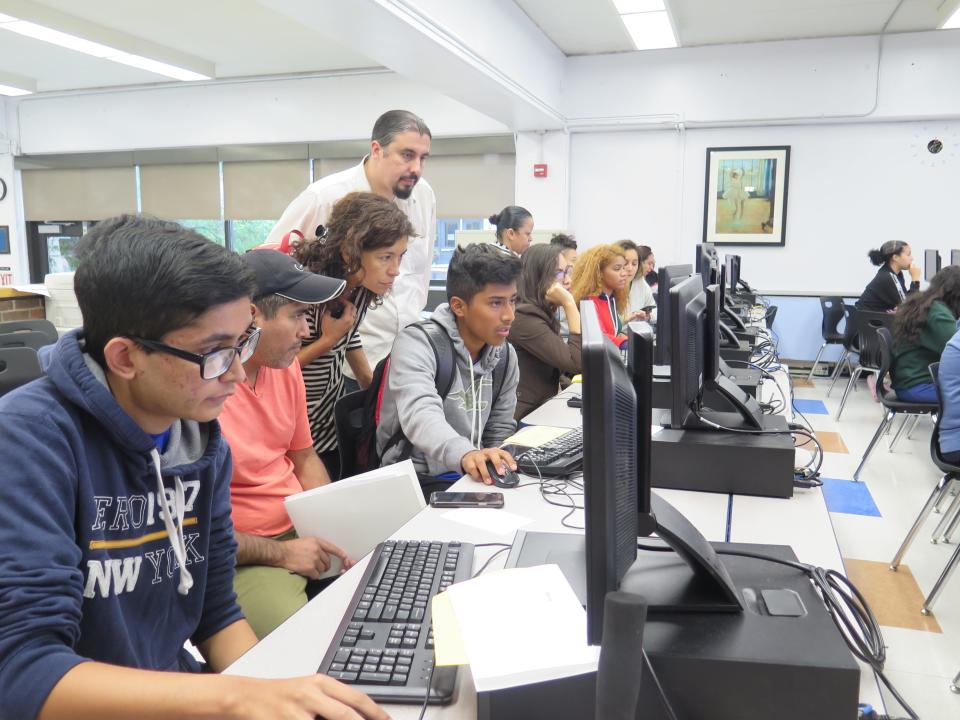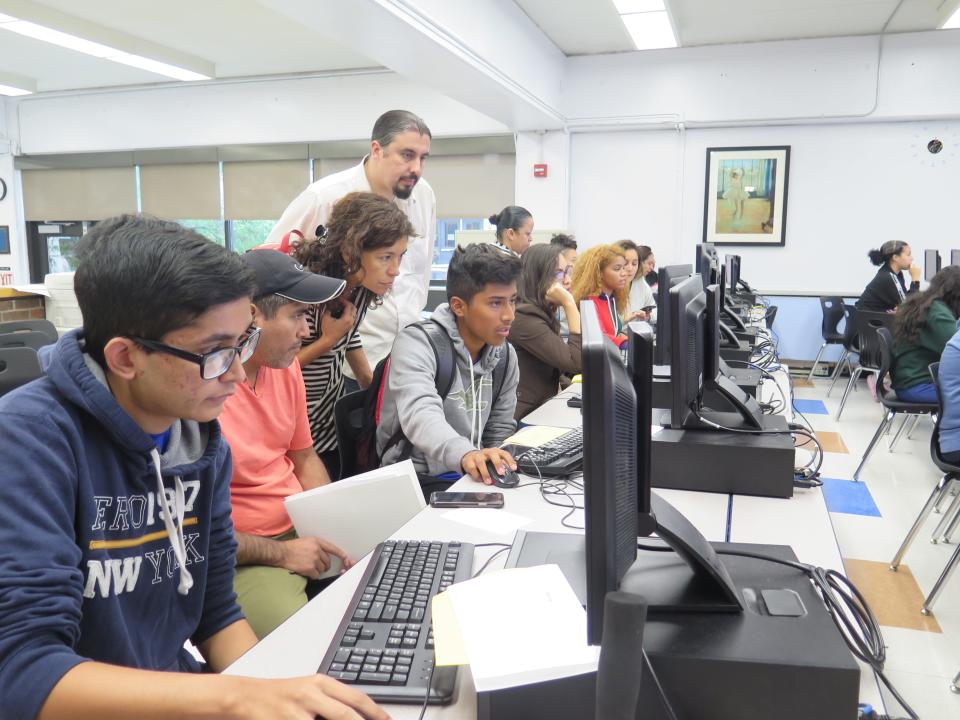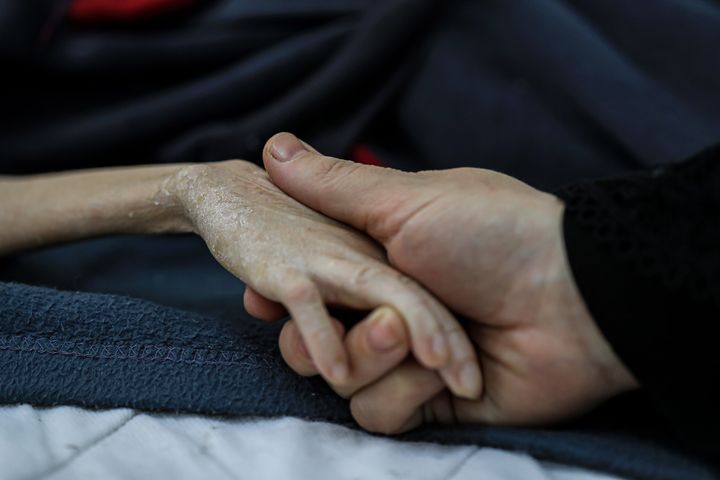
The delayed rollout of the new and simplified Free Application for Federal Student Aid — FAFSA — has caused anxiety for countless students and families, as well as for college and university admissions offices.
Recent numbers show that fewer than 5 million students have submitted the 2024-25 FAFSA form so far while, in previous years, around 17 million students on average submit their FAFSA form. That means there is a lot of work to be done in the coming months to ensure that students get all of the financial aid to which they’re entitled and we all need to play a role in getting it done.
This story may not be getting as much coverage as the Presidential election or the global conflicts but for the future of this country, it has significant implications if not addressed. Simply put, students from working class families will not likely be able to attend college next year if they do not file a FAFSA because that is the key to need-based aid, both institutional and federal (including the very important Pell grants). This cohort will also be a group that experienced significant remote learning during the pandemic, and we know that many have suffered educationally and emotionally.
We also know that for most students, a college education is the key to higher earnings, increased job security, and better health outcomes.
So what should be done? I suggest a campaign in our communities to galvanize students and their families to file their FAFSAs. Perhaps not the most glamorous of causes, it is certainly one that could draw support from all parts of the political spectrum. Everyone can agree that young people should have all the information and resources available to them as possible as they and their families make critical decisions like whether or where to attend college.
Universities and colleges must be the first to step up to support our current and future students during this confusing and challenging time. At Pace University, we’ve been working for years to prepare ourselves and our community for this change and have dramatically increased those efforts in the past few months. Regular and thorough communications have been provided to our current and prospective students about the changes and what they are required to do.
We’ve also identified many of the specific areas of difficulty that many students and families have been encountering and provided webinars with guidance on how to successfully navigate them. Finally, we’ve put our money where our mouth is and provided a $1,500 award to incoming freshman students who complete their FAFSA before March 15. These communal and individual supports have gone a long way toward increasing our prospective and current students’ filings.

One of the best positioned institutions to reach young people is their current high school, where they’re already spending many of their waking hours. Teachers, guidance counselors, and principals not only have access to students and their families but also their trust that they are looking out for our young people’s best interests. Daily reminders, workshops, and one-on-one advisements are all avenues for millions more FAFSA applications being submitted.
Superintendents and school systems should make sure that high schools have all of the resources that they need to inform and support their students during this challenging period.
More: Does the new FAFSA actually hurt farm families? It depends who you ask.
There are many other trusted institutions that can provide information and guidance. Community centers, after school groups, and religious organizations are all critical resources for their constituencies for services and information. The federal government should work with these organizations to provide them with resources to assist students and their families with filing their FAFSAs. For families without available access to technology, for whom the FAFSA is particularly critical, these community resources could be invaluable in providing it.
Finally, there is still much that the federal government can do to increase the number of FAFSA applications that have been filed. All of the institutions I previously mentioned have limited resources to do the work that they already do and need the federal government to help them help our students. In addition to an information campaign about the importance of filing the FAFSA, the federal government needs to actively partner with institutions of higher education, high schools, and community organizations to share information and provide support and guidance.
However we arrived at today’s challenges, it is in everyone’s shared interest to work together and help as many students and families submit their FAFSA as possible. That you can work hard and achieve your goals, no matter your background, is a fundamental part of the American dream and affordable access to higher education is a critical piece of that.
It is only through our collective efforts that we’ll achieve this goal and make sure all of our students and families have the information and resources that they need and deserve.
Marvin Krislov is president of Pace University, which has campuses in New York City and Westchester County, New York.
This article originally appeared on NorthJersey.com: FAFSA: Students must file key form to attend college
EMEA Tribune is not involved in this news article, it is taken from our partners and or from the News Agencies. Copyright and Credit go to the News Agencies, email [email protected] Follow our WhatsApp verified Channel









